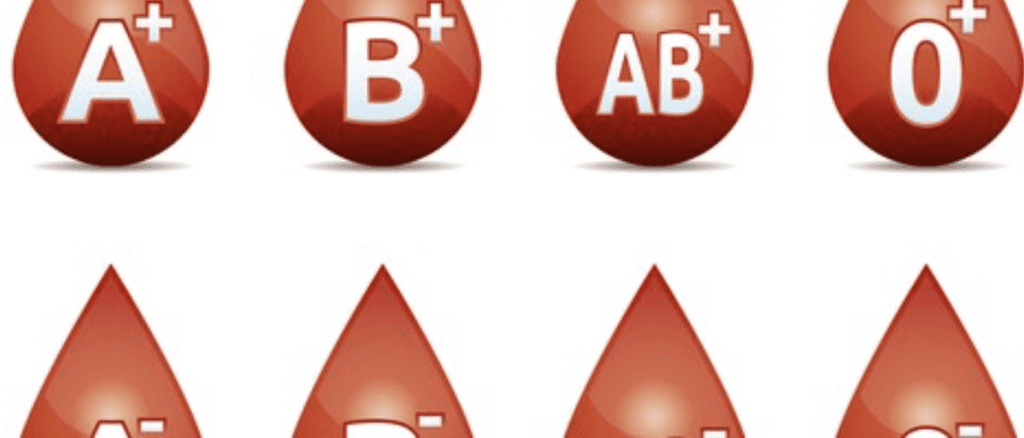My blood type is AB+

Although it may look identical, not all blood is the same. The small, but vitally important difference can be found at the surface of the red blood cells. The presence, or absence, of A and B antigens at this level determines your blood type. The antigens help identify to whom your donated blood can be transfused and what types of blood you can receive if you ever require a blood transfusion. Differentiating blood in this way is important, because without it, careful matching to ensure safe transfusions would not be possible. This matching process is especially important for those with AB+ blood, a blood type with a very specific antigen make-up that appears less frequently in the U.S. population.
So what makes AB+ different from the other blood types? AB+ blood has both A and B antigens at the surface of the red blood cells, while other blood groups (A and B) only have one, or lack them altogether (group O). Because of this unique combination, AB+ donors’ blood can only be given to others with AB+ blood. However, AB+ is the universal recipient blood type, meaning that patients with AB+ blood can receive blood from donors of any blood type if they require a transfusion.
Antigens present in AB+ also play a vital role in plasma donations. While AB+ blood has both A and B antigens on the red blood cells, neither of the antigens are present in the plasma. This makes AB+ the universal plasma donor, meaning that AB+ plasma can be transfused into patients who have any other ABO blood type. The AB blood group is believed to be the newest blood type. The AB blood group is the result of the intermingling between Caucasian (commonly group A) and Mongolian (commonly group B) people. For these reasons, the AB blood group is found in low percentages throughout the European population, but appears more commonly within the sub-continental Indian population.
Only about 3 percent of the U.S. population is AB+, making AB+ blood donors all the more valuable. Although people with AB+ blood can receive from any blood type, it is always preferred to receive blood from a person with the same blood type. If your blood type is AB+, we hope you will consider giving life to your community by donating blood and/or plasma as often as you can. You can give whole blood donations every 56 days and plasma donations as often as every four weeks. You can even give us a call at 1-800-366-2834 to see when your donation is most needed.
Don’t know your blood type? You can still give blood! When you donate with Carter BloodCare, we’ll test your blood and let you know your type so you can research more about who your blood helps, what types of blood could help you, and when your blood type is needed most.
Knowing your blood type and what makes it different from the others can give you a greater understanding of the blood donation process, the blood cross-matching process, and the need for blood donations of your type in your community.
